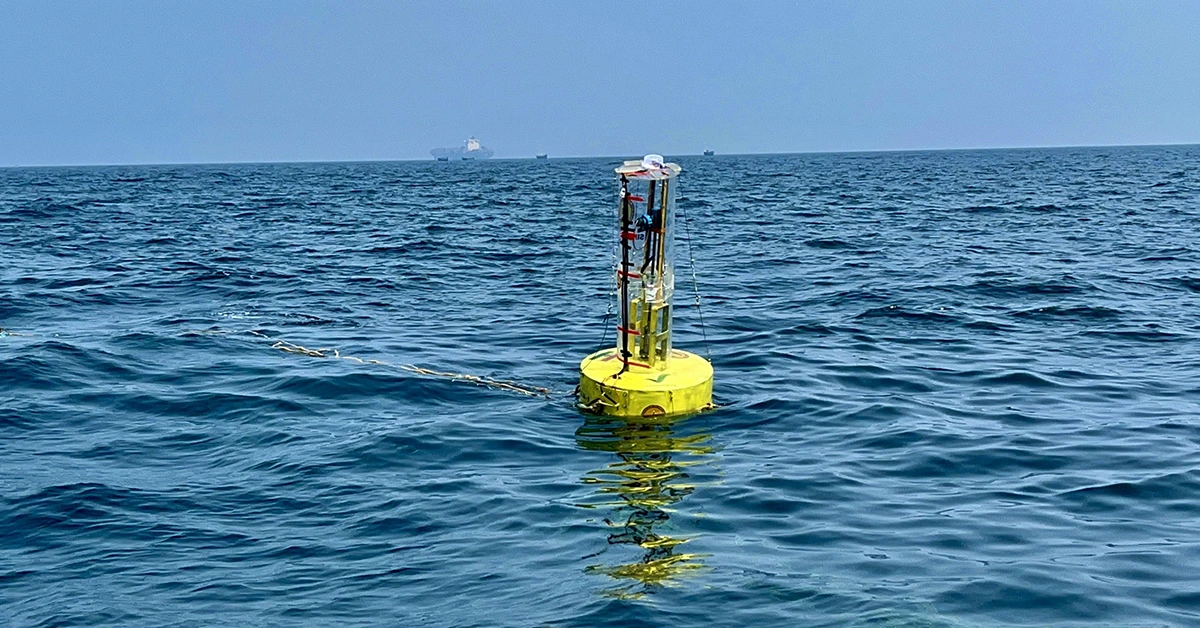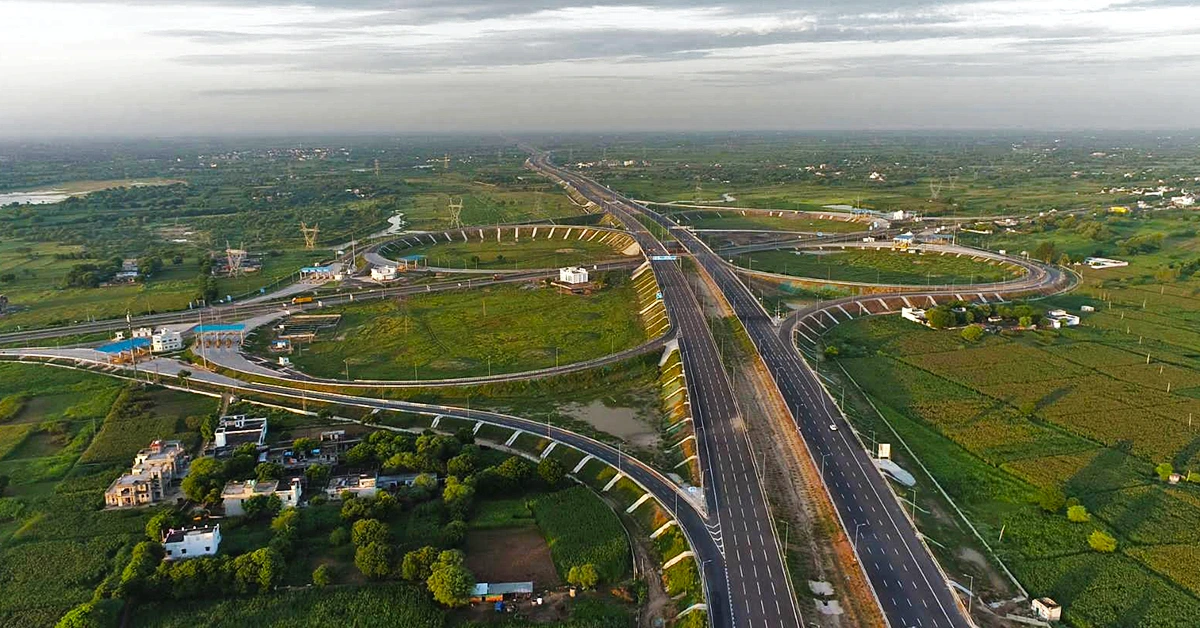Piyush Goyal introduced the Jan Vishwas Bill, 2022, to decriminalize minor offences to promote ease of business.
IIT Madras generates power from sea waves
IIT Madras researchers have developed an ocean wave energy converter system, named Sindhuja-I, to generate electricity from sea waves. The product’s name, Sindhuja-I, means “created from the ocean” in Sanskrit. Successful trials were conducted off the Thoothukudi coast of Tuticorin, Tamil Nadu, at a location with a depth of 20 metres. Researchers expect to commercialize the innovation by 2024.
The system has a floating buoy, a spar, and an electrical module and the buoy moves up and down as the wave moves up and down. In the present design, a balloon-like system called a ‘buoy’ has a central hole that allows a long rod called spar to pass through it.
Sindhuja-I can currently produce 100 watts of energy. It will be scaled up to produce one megawatt of energy in the next three years. The device will be deployed in offshore locations that require reliable electricity and communication either by supplying electric power to payloads that are integrated directly in or on the device or located in its vicinity as on the seabed and in the water column. The targeted stakeholders are the oil and gas, defence and security installations and communication sectors.
Many countries and companies globally have done this before. Nations like the US, UK and Israel are generating energy through this route. However, this is for the first time that the technology is in the process of being proven in India.
Sindhuja-I, will help the country achieve its climate change-related goals of generating 500 GW of electricity by 2030 through renewable energy. India has a 7,500 km long coastline capable of producing 54 GW of power, satisfying a substantial amount of the country’s energy requirement.
Share this article:
Recommended For You
The Bengaluru-Mysore Expressway is a testament of Modi government's commitment to improving transportation infrastructure in the country. Improved connectivity between Bengaluru and Mysore is likely to lead to increased business opportunities and tourism in the area.
With the aim to grow the state's economy to USD 1 trillion, Chief Minister Yogi Adityanath government said it will transform western and central Uttar Pradesh into a hub for the auto and electric vehicle industries as well as its supporting parts.
Prime Minister Narendra Modi inaugurated the new Terminal-2 (T-2) of Bengaluru's Kempegowda International Airport. In first of its kind, the airport has incorporated the concept of a "Terminal-in-a-garden".
A new scrapping policy for government vehicles across India will be implemented next year as the union ministry of road transport and highways issued a draft notification to do away with all vehicles older than 15 years that the authorities owned.
Bad loans under the Pradhan Mantri MUDRA Yojana since the launch of the scheme on April 8, 2015, is just 3.38 per cent of the total disbursements of Rs 13.64 lakh crore.
The Union environment ministry has now made way for their round the year presence and across all coastal states — a move expected to boost tourism and the coastal economy.
Today, a much-needed government boost to the global imprint of Indian toys is evident from Modi government’s emphasis on bringing in transformative changes in the domestic toy industry by promoting “Vocal for Local" and “Make in India" under the Aatmanirbhar Bharat scheme. India under Narendra Modi has made a beginning →Read More →
The civil aviation ministry has allowed Indian airlines to take wide-body planes on wet lease for up to one year as it pursues efforts to make the country a key international hub for air traffic.
As the IECC opens its doors to the world, it ushers in a new era of possibilities, propelling India towards greater economic growth, development, and recognition as a leading force in the international arena. With its grandeur and vision, the IECC stands tall as a symbol of India's aspirations to →Read More →
India’s longest expressway — the Delhi Mumbai Expressway is India’s quantum leap into the future, displaying Narendra Modi's resolve towards building a New India. Modi government’s emphasis on building an excellent road infrastructure as an engine of growth, development and connectivity in the New India shall bring opportunities, growth and →Read More →












